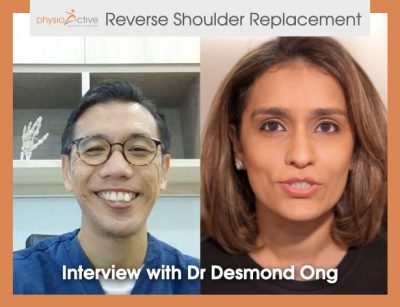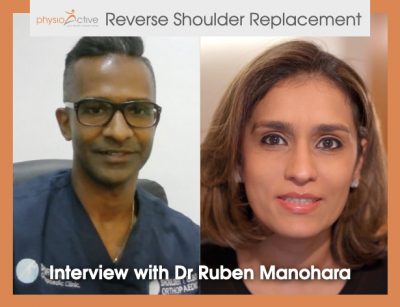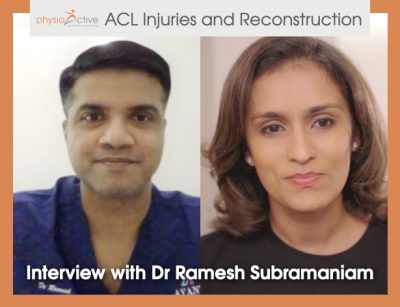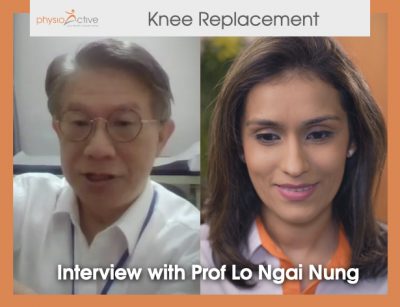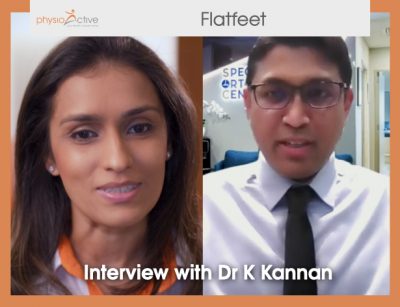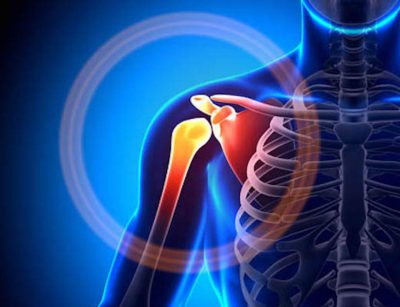Singapore Surgeon Insight Series with Dr Andy Wee – The Shoulder
Many patients come with complaints of Frozen Shoulder, and in some cases this could be a Rotator Cuff Injury. Common shoulder problems and complaints include shoulder pain , stiffness, weakness (feeling a lack of strength in elevating arms) and instability (feeling of shoulder is shifting out of the joint or dislocating out of the joint).
Subsequently, this can be diagnosed as a recurring dislocation due to a torn labrum, frozen shoulder or a rotator cuff problem
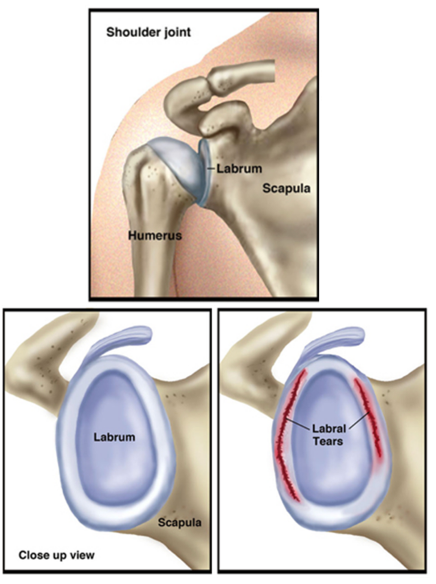
Shoulder Joint
What is frozen shoulder ?
It is a benign and self-limiting condition that resolves over 6-9 months. This condition is common in older patients with no preceding injuries or trauma that precipitates the stiffness.
Patients are usually recommended to take a steroid injection directed specifically into shoulder joint, to bring down the inflammation of the joint capsule and physiotherapy to regain range of motion.
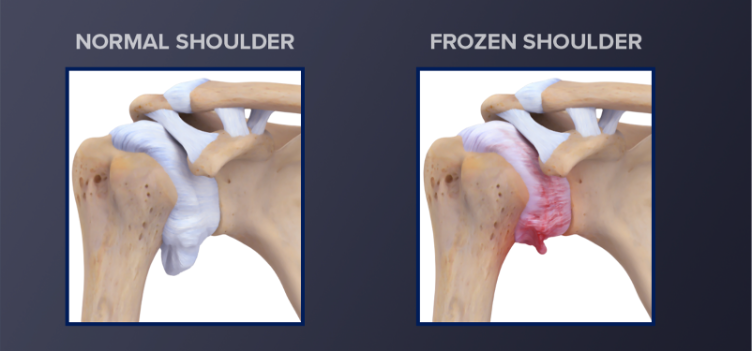
Frozen Shoulder
What is rotator cuff injury?
The rotator cuff is a group of muscles and tendons that surround the shoulder joint. It is Important for coordinated movements of the shoulder and provides stability. Typically, when younger patients present with a rotator cuff tear or inflammation, it is usually due to a significant injury they sustain. On the other hand, older patient presents with rotator cuff problems insidiously or due to a minor trauma.
Severity of rotator cuff problem vary. Patients may present with rotator cuff strain developed because of an unaccustomed activity, rotator cuff inflammation or a small, partial thickness tear due to aging.
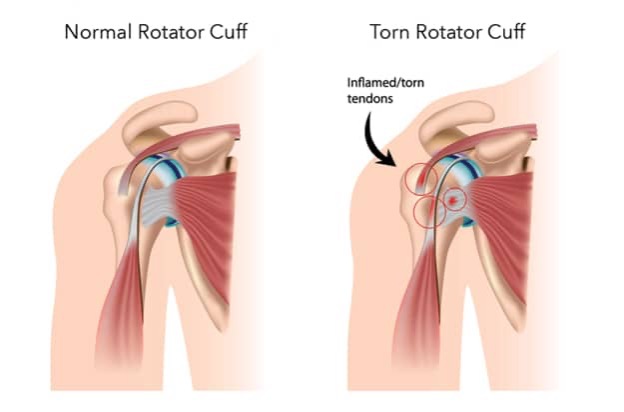
Rotator Cuff Injury
There are several treatment options recommended depending on the severity of the rotator cuff injury.
They include:
- Resting the shoulder
- Modifying the activities – avoiding overhead activities or repetitive usage of the arm
- Physiotherapy – improvements after 6-8 session
- Anti-inflammation medicines to relief the pain
- A steroid injection
Rotator Cuff Surgery
A surgery is warranted when injections and non-operative measures fail. This is usually when the tear is significant in size and when there is weakness of the shoulder. 90% of those patients would need an arthroscopy. An arthroscopy involves small keyhole incisions that will allow an arthroscopic instrument to get in to repair the tear. This is a minimally invasive surgery that allows quick recovery.
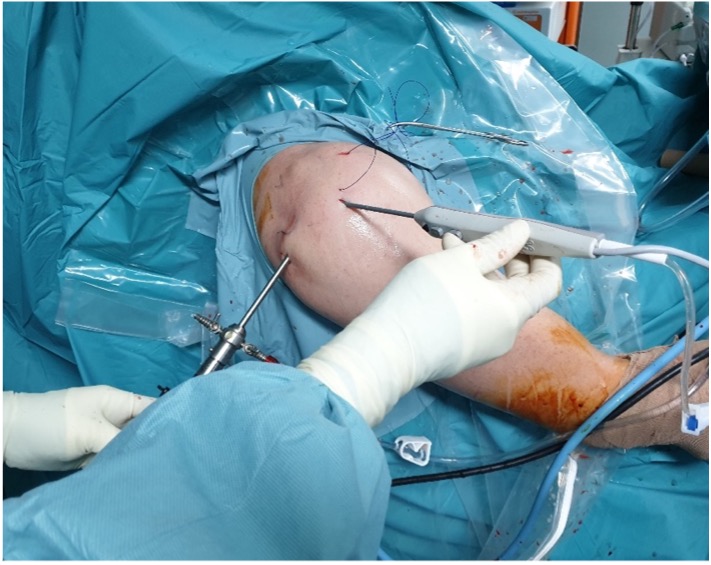
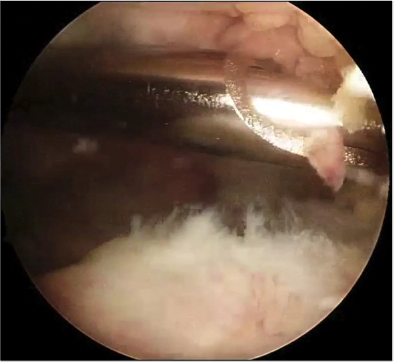
Post-op Rehabilitation
Physiotherapy is a key process to the post-op rehabilitation program. Gradual improvements take place throughout 4-6 months:
- Pain relief – 4-6 weeks
- Regained Range of motions 3-4 months
- Regained Strength 4-6 months
Making an appointment
To make an appointment with Dr Andy Wee, his contact details are
- web: www.p-ortho.com
- phone: +65 6737 0558
- WA: +65 9125 8585
For Physioactive Singapore, find your closest location at: www.physioactive.sg
For Physioactive Indonesia, book directly online here.

